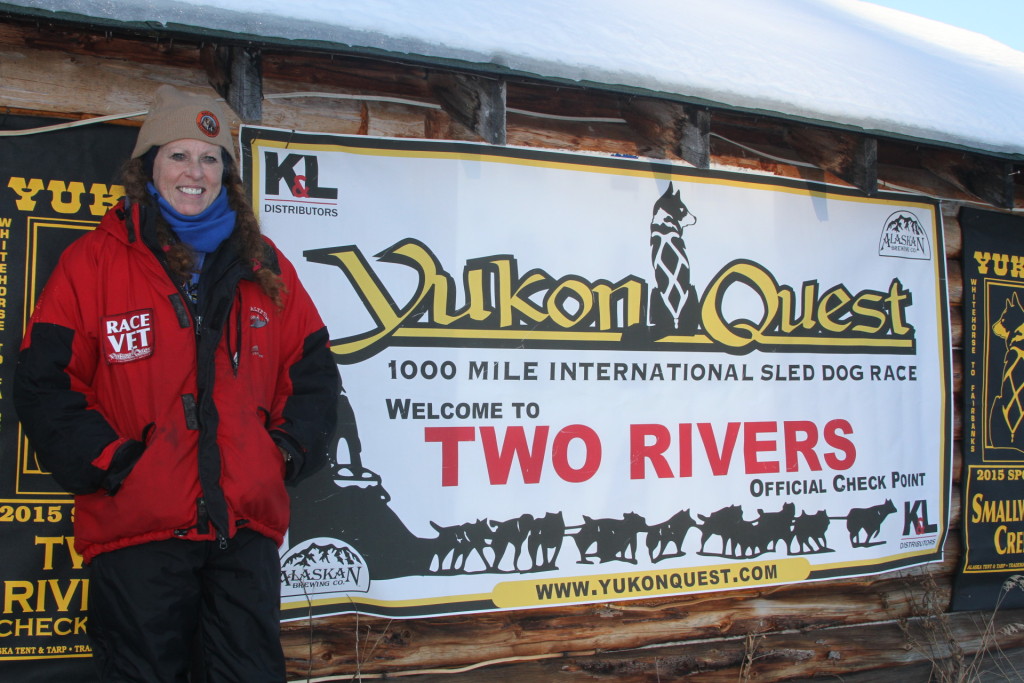
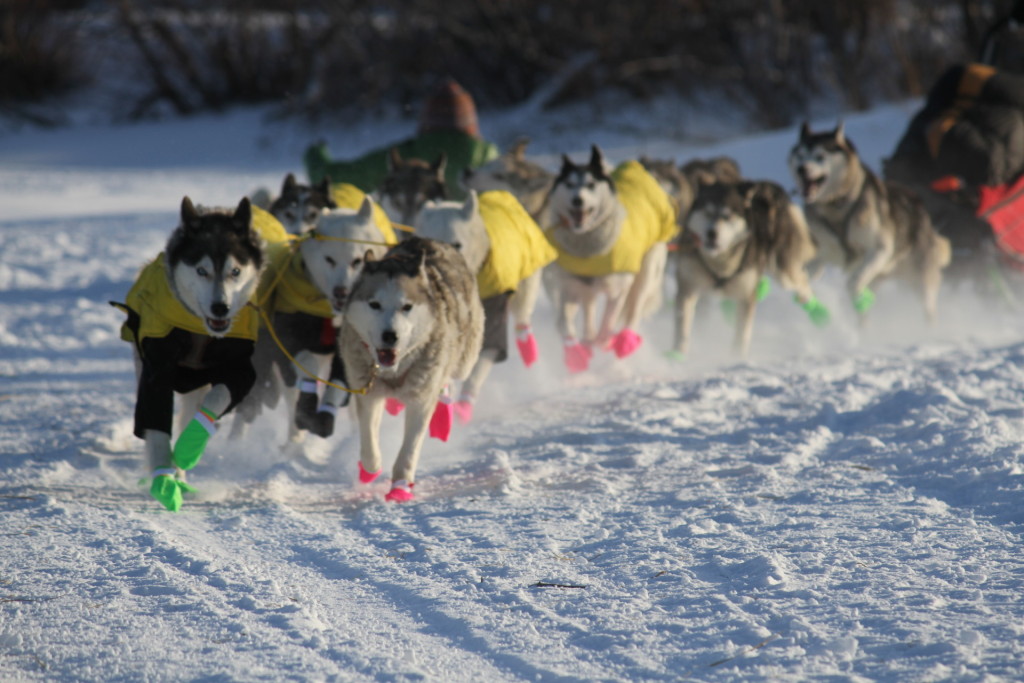
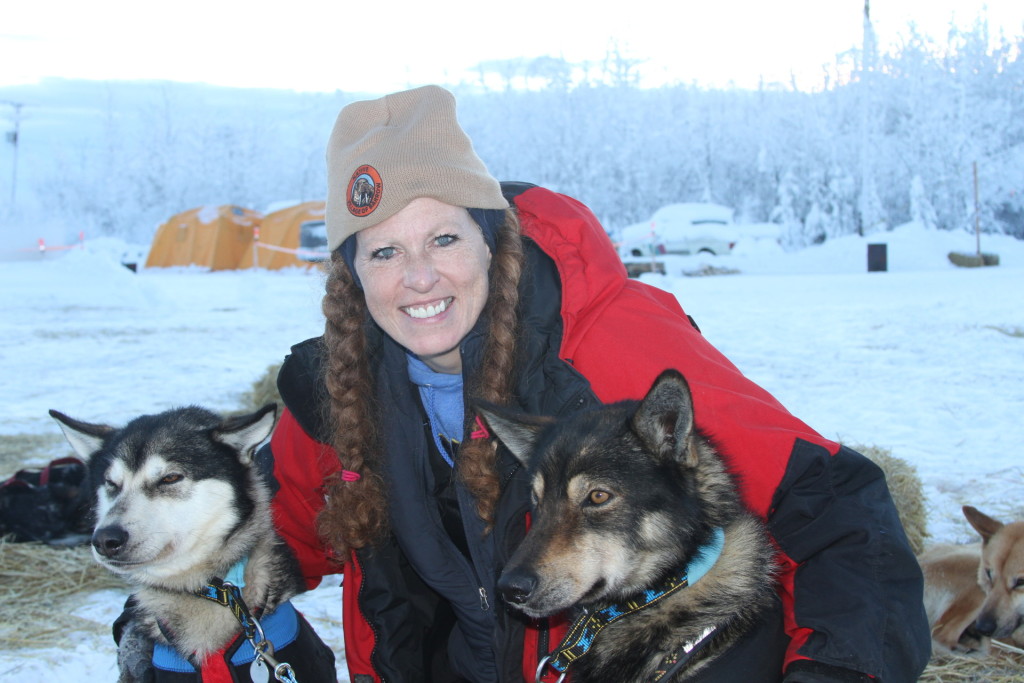
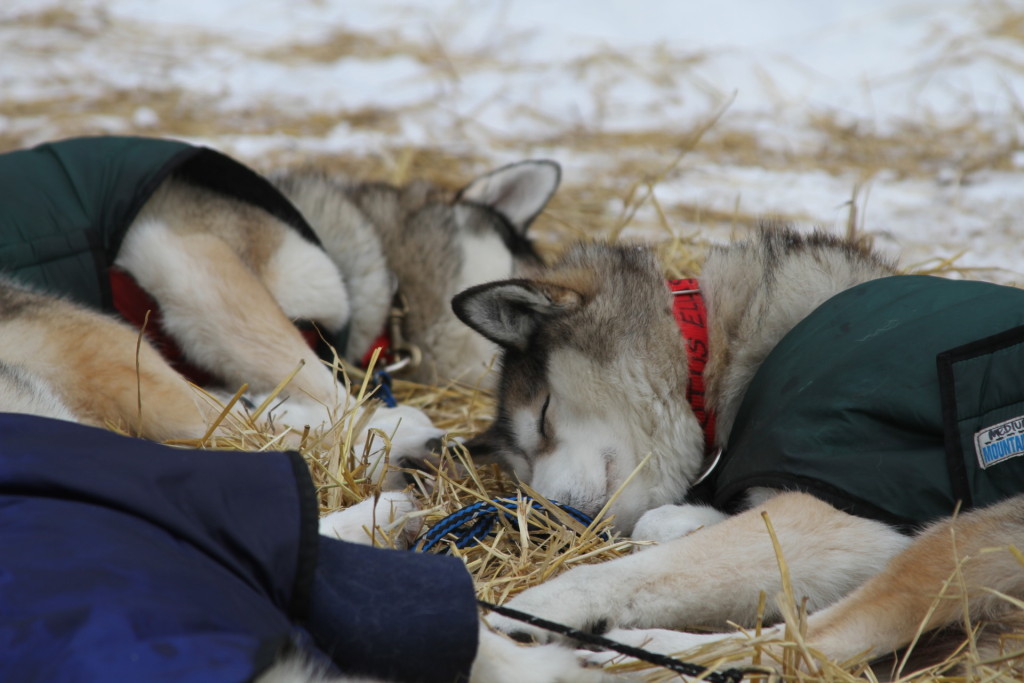
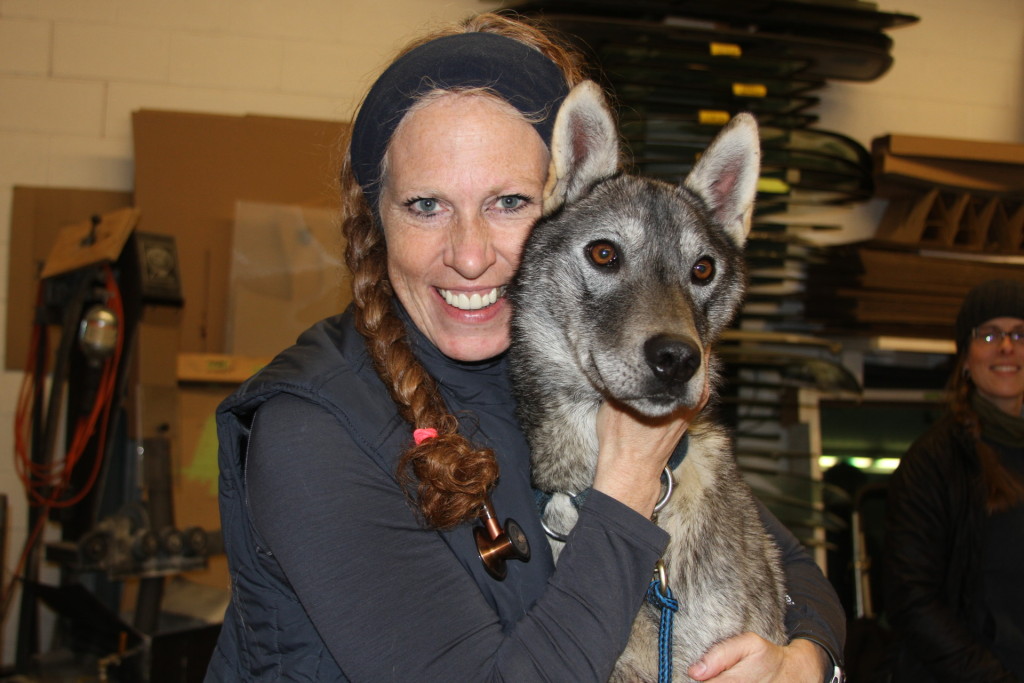
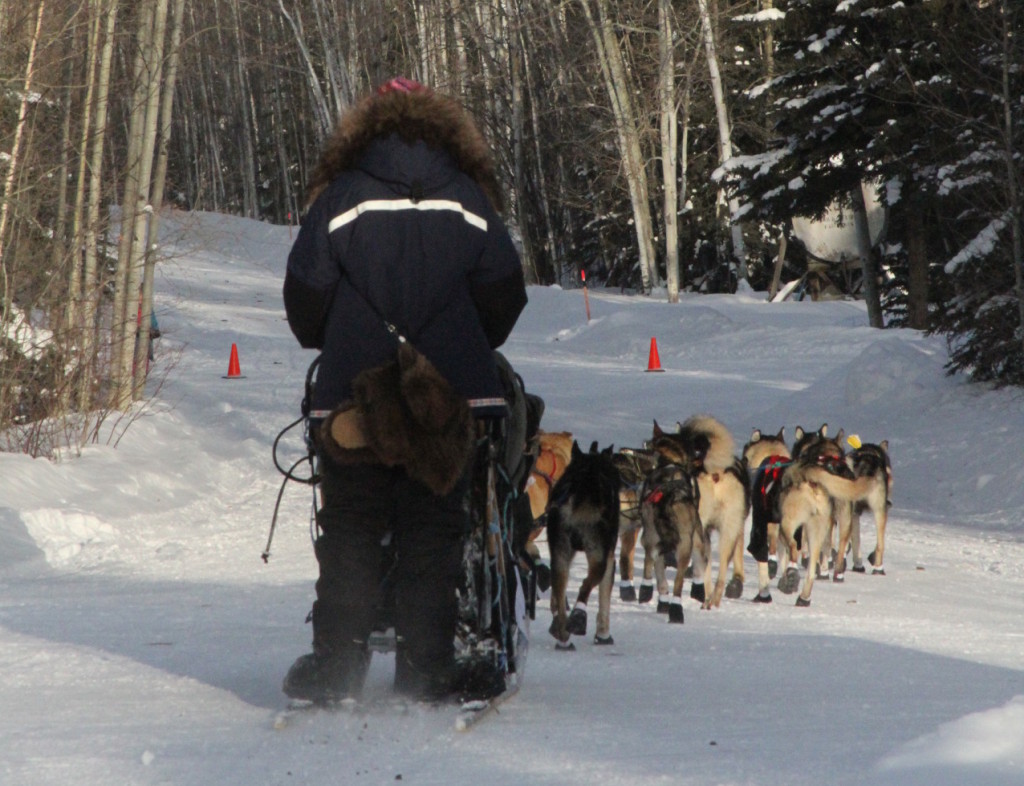
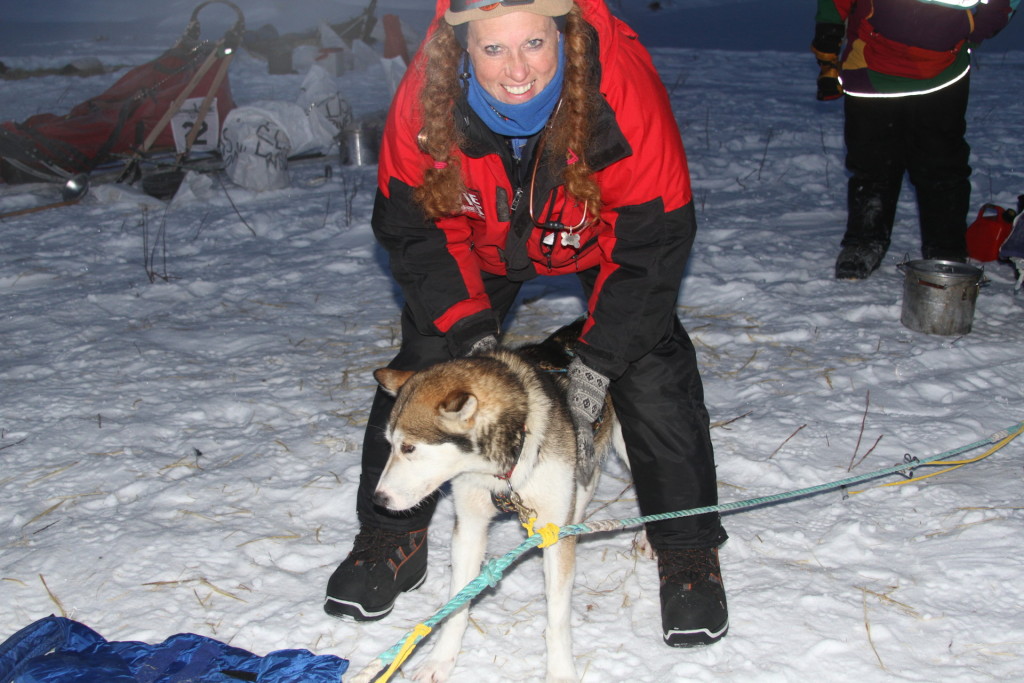
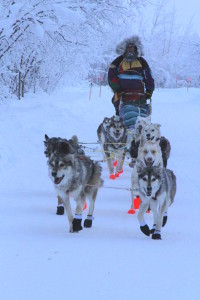 Some people head to the beach during time off. But Dr. Greta Krafsur, a Colorado State University veterinary grad, travels more than 2,500 miles north, to Canada’s Yukon Territory. Where temps dip to 60 degrees below zero. To hang with a bunch of dogs.
Some people head to the beach during time off. But Dr. Greta Krafsur, a Colorado State University veterinary grad, travels more than 2,500 miles north, to Canada’s Yukon Territory. Where temps dip to 60 degrees below zero. To hang with a bunch of dogs.
Sled dogs, to be exact.
Krafsur, now a CSU postdoctoral fellow in pathology, was one of just 12 veterinarians selected to monitor and care for sled dogs in the grueling Yukon Quest 1,000-Mile International Sled Dog Race last month. She examined dogs at checkpoints on the race route, which runs from Whitehorse, Yukon, to Fairbanks, Alaska.
The Yukon Quest is considered tougher than the Iditarod, which starts March 7 in Anchorage, Alaska.
“I was just so impressed with the mushers,” says Krafsur, who earned her D.V.M. in 2013. “Some of them could do an orthopaedic exam as well I could. They really know their dogs.”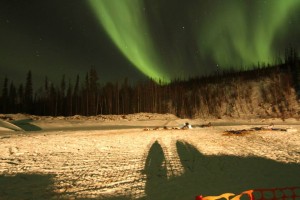
Race officials require that the canine endurance athletes, primarily mixed-breed huskies, are medically examined by veterinarians along the race route, with particular attention to orthopedic problems, hydration and fatigue; stressed dogs are removed from the race. Much like human marathoners, the racing dogs receive massage therapy and a tailored race diet.
Of 26 teams that started the race, 16 finished the course through remote territory and over four mountain summits, with temperatures that at times dipped to 60 degrees below zero.
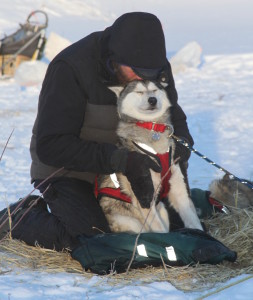 “It warmed up to 10 or 12 degrees below zero, and we felt like it was hot,” she recalls with a laugh.
“It warmed up to 10 or 12 degrees below zero, and we felt like it was hot,” she recalls with a laugh.
Krafsur was asked to join the veterinary team because she worked for five years conducting a health assessment of seals and walruses north of the Arctic Circle and has volunteered at the Iditarod for several years.
She loves the adventure and working with the teams, Krafsur says, even when race vets sleep in cars because lodging isn’t available.
“Some nights you just couldn’t sleep at all, because it was too busy with the teams coming in constantly,” she says.
She recalls unmatched experiences: spectacular Northern Lights, a rare Canadian lynx sighting, the gratification of helping race dogs.
“I’ve been asked to go back next year, and I’m definitely going to go,” Krafsur says. “I still can’t believe I got to experience it.”